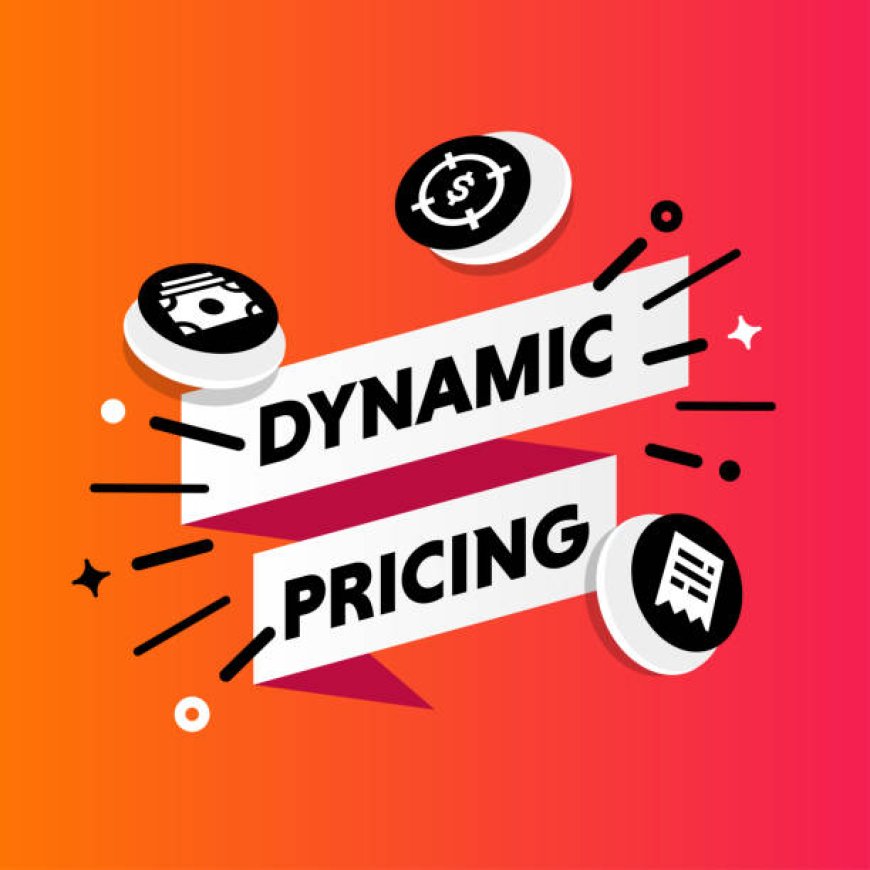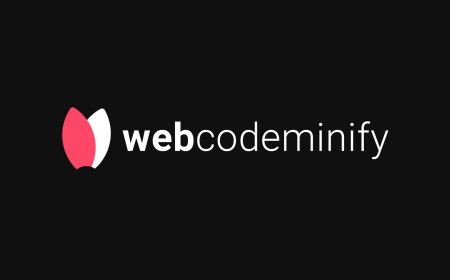Complete Guide to Microsoft Dynamics 365 Pricing in 2025
However, for businesses looking to invest in this platform, understanding the current dynamics 365 pricing structure is essential.

In 2025, Microsoft Dynamics 365 continues to be one of the most comprehensive and flexible business application platforms available. Combining CRM and ERP capabilities, it offers solutions for sales, customer service, finance, supply chain, marketing, HR, and moreall within a unified cloud environment. However, for businesses looking to invest in this platform, understanding the current dynamics 365 pricing structure is essential.
Microsoft offers a modular and scalable pricing model, allowing businesses to pay for only the apps and features they need. Whether you are a small business or a large enterprise, theres a Dynamics 365 plan to fit your operational requirements and budget.
Overview of Dynamics 365 Pricing in 2025
Dynamics 365 pricing in 2025 continues to follow a per-user, per-month model, with different rates based on the selected application, user type, and license tier. Pricing varies between core applications like Sales, Customer Service, Finance, and Supply Chain Management, and the licensing is divided into Base licenses and Attach licenses.
-
Base License: The first app a user subscribes to at full price.
-
Attach License: Additional apps purchased for the same user at a discounted rate.
This model makes it easier for companies to expand capabilities while controlling costs.
Dynamics 365 CRM Pricing (Customer Engagement Apps)
These apps are focused on customer-facing processes such as sales, service, and marketing:
-
Sales Professional: Approx. $65/user/month for basic sales functionality, ideal for small sales teams.
-
Sales Enterprise: Approx. $95/user/month includes advanced features like forecasting, AI, and customization.
-
Customer Service Professional: Approx. $50/user/month for standard service ticketing and case management.
-
Customer Service Enterprise: Approx. $95/user/month offers advanced service automation and analytics.
-
Marketing: Starts around $1,500/tenant/month based on marketing contacts and email sends, suitable for campaigns and lead nurturing.
Attach licenses for these modules typically cost $20$30/user/month when added to an existing base license.
Dynamics 365 ERP Pricing (Finance and Operations Apps)
These applications help manage internal operations, financials, and supply chain activities:
-
Business Central Essentials: Approx. $70/user/month includes finance, sales, and inventory for SMBs.
-
Business Central Premium: Approx. $100/user/month adds manufacturing and service management.
-
Finance: Approx. $180/user/month advanced financials and global accounting capabilities.
-
Supply Chain Management: Approx. $180/user/month ideal for complex logistics, inventory, and procurement needs.
-
Commerce: Approx. $180/user/month supports retail and eCommerce operations.
Attach license pricing is usually lower if these apps are added to an existing Dynamics 365 user subscription.
Team Member and Device Licenses
Not every employee needs full access. Microsoft offers two cost-effective licensing options:
-
Team Member License: Approx. $8/user/month for light users who need basic access to data, reports, or timesheets.
-
Device License: Approx. $75/device/month ideal for shared devices in retail, warehouse, or customer service environments.
These options allow companies to scale access without purchasing full licenses for every user.
Dynamics 365 Add-Ons and AI Features
Many organizations enhance their Dynamics 365 experience with premium features and tools:
-
AI for Sales/Customer Insights: Starting at around $75$95/user/month, providing intelligent recommendations, scoring, and analytics.
-
Power BI Pro Integration: Approx. $10/user/month used for advanced reporting and visualization.
-
Customer Voice: Approx. $200/2,000 survey responses/month used for customer feedback and sentiment analysis.
These add-ons can be layered based on business priorities and data requirements.
Choosing the Right Pricing Model
With so many apps and pricing options available, selecting the right Dynamics 365 pricing model can be complex. The best approach is to:
-
Evaluate your business needs: Identify essential features, departments, and users.
-
Start with core modules: Choose one base license per user and add attach apps as needed.
-
Use Team Member licenses strategically: Save costs on employees who only need limited access.
-
Leverage a Dynamics 365 partner: They can help assess needs, forecast total cost of ownership, and optimize license configurations.
Dynamics 365 Pricing vs. Value
While dynamics 365 pricing may seem higher than some standalone CRM or ERP tools, its value lies in its integration and scalability. Instead of managing separate systems for sales, service, accounting, and inventory, businesses get a single, intelligent solution. This reduces administrative overhead, improves data consistency, and supports more efficient decision-making.
With regular updates from Microsoft, businesses also gain access to the latest AI features, security enhancements, and automation toolsensuring a future-proof investment.
Conclusion
Microsoft Dynamics 365 pricing in 2025 remains flexible and scalable, making it suitable for organizations of all sizes. With a range of licensing options for different roles and applications, businesses can build a custom solution that supports growth without overspending.
Understanding the pricing structure and working with a qualified Microsoft partner will help you design a cost-effective plan tailored to your business objectives. Whether youre just starting your Dynamics 365 journey or planning to expand, knowing how the pricing works is the first step to unlocking its full potential.

































